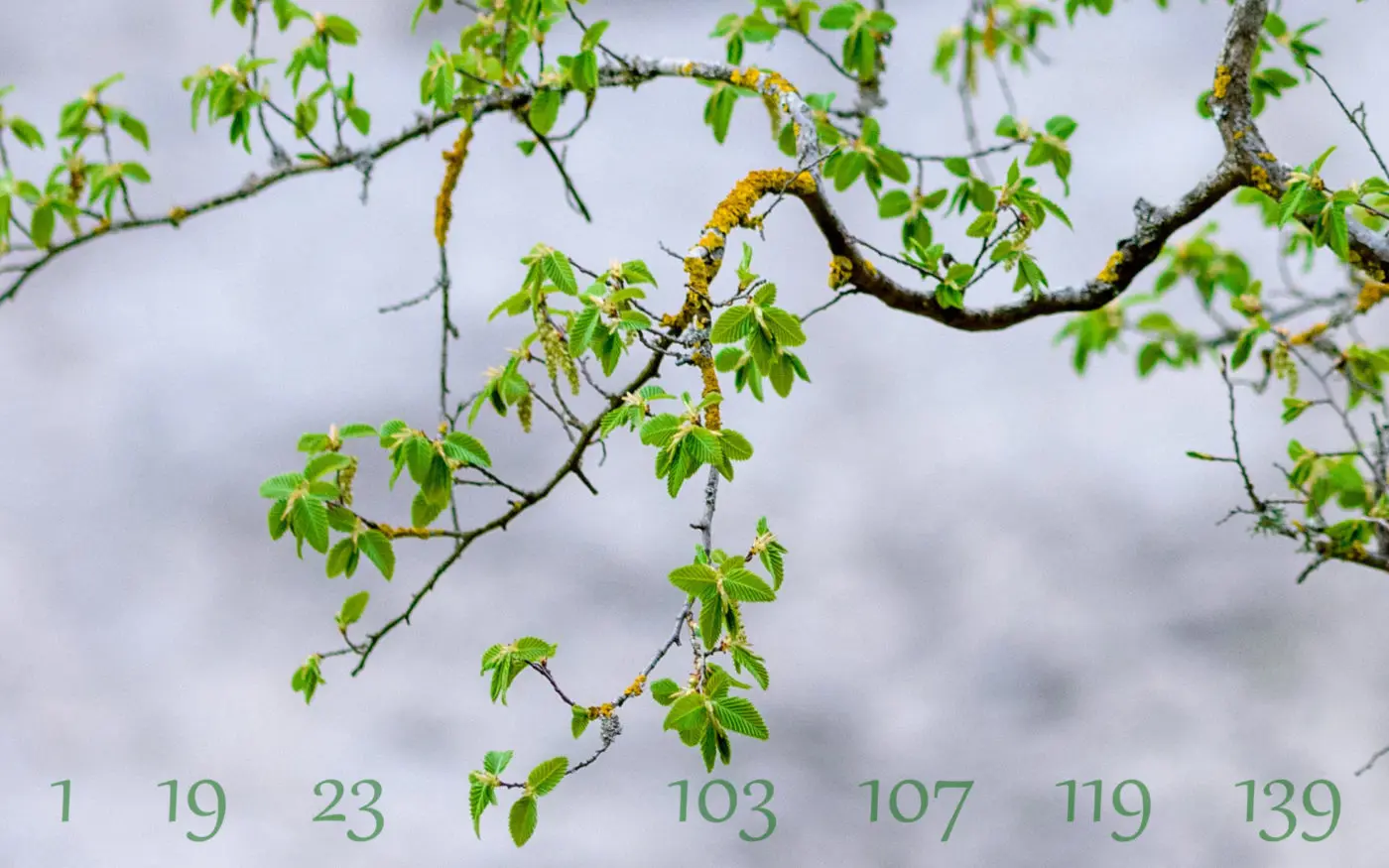This article series is based on a past teaching series Ken Boa led at Christ Church of Atlanta. Watch the original Psalm 103 teaching here.
[lead]Psalm 103 is a psalm of praise that gives us a portrait of worship and reminds us of the fundamentals of faith that we need to know on our earthly sojourn.[/lead] This psalm has three sections, moving from a personal hymn of thanksgiving (verses 1–5) to a communal hymn of praise (verses 6–18) to a call for the praise of God in all creation (verses 19–22).
Before we dig into this rich passage of Scripture, take a moment to read it through once or twice.
Personal Hymn of Thanksgiving (verses 1–5)
The psalmist begins by exhorting his own soul to “bless the Lord” and to “forget none of His benefits” (103:2). This runs counter to our natural disposition, which is to quickly forget the benefits God gives us and instead grumble about our pains, problems, and disappointments. When grumbling takes the place of thanksgiving, we view God in light of our changing circumstances, when we should, instead, view our circumstances in light of God’s unchanging character. Therefore the psalmist exhorts us not to forget the benefits of God, namely His forgiveness, healing, and love for us. Here are the psalm’s words:
- “Pardons all your iniquity”;
- “Heals all your diseases”;
- “Redeems your life from the pit”;
- “Crowns you with lovingkindness and compassion”; and
- “Satisfies your years with good things” (103:3–5).
When grumbling takes the place of thanksgiving, we view God in light of our changing circumstances. Instead, we should view our circumstances in light of God’s unchanging character.
—Ken Boa
Communal Hymn of Praise (verses 6–18)
Reflection on the personal benefits of knowing the Lord leads the psalmist into a communal hymn of praise, remembering God’s redemptive acts in the history of Israel.
In particular, he praises God by repeating the truth about God’s character that God spoke to Moses in the wilderness: “The Lord is compassionate and gracious, slow to anger and abounding in lovingkindness” (103:8). This is God’s nature—the “ways” that He made known to Moses (103:7)—and it is the reason why we praise Him.
Furthermore, “He will not always strive with us, nor will He keep His anger forever. He has not dealt with us according to our sins, nor rewarded us according to our iniquities” (103:9–10). We need God’s mercy, not His justice. It would be a foolish thing to ask God to give us what we deserve. Just like the Israelites, we need God to “not deal with us according to our sins.” The basis of salvation has always been the death of Christ, the means of salvation has always been faith rather than works, and the object of that faith has always been God.
This communal hymn of praise continues with a series of images and metaphors that demonstrate the character of God and our dependence on Him.
The psalmist first uses spatial metaphors to describe God’s love and forgiveness:
As high as the heavens are above the earth, so great is his lovingkindness toward those who fear him. (103:11)
As far as the east is from the west, so far has he removed our transgressions from us. (103:12)
He then uses relational imagery to express God’s compassion. Not only is God’s love as high as the heavens, it is also personal and familial— “just as a father has compassion on his children” (103:13).
In the last of this series of images, the psalmist contrasts the brevity of life with the eternity of God:
As for man, his days are like grass; as a flower of the field, so he flourishes. When the wind has passed over it, it is no more, and its place acknowledges it no longer. (103:15–16)
Our mortality makes us long for purpose and significance and something enduring. The psalmist’s comparison of our lives to grass that dies and is no longer known by its place would be depressing except for the contrast in the following verses:
But the lovingkindness of the Lord is from everlasting to everlasting on those who fear Him, and His righteousness to children’s children, to those who keep His covenant and remember His precepts to do them. (103:17–18)
In spite of the fragility and brevity of our lives, we are eternal beings because the Lord’s lovingkindness toward us is everlasting.
A Call to Worship Our Loving Creator (verses 19–22)
Finally, the psalmist ends by exhorting all of creation to praise God’s greatness, because “His sovereignty rules over all” (103:19). The success of God’s perfect plan of redemption is assured, because His dominion is over all. Therefore, we can have confidence in the promises of the preceding verses.
What should be our response to the love and compassion of God expressed in this psalm? I believe it’s threefold:
First, we should respond in respectful awe of God, just as the psalm continually applies the Lord’s lovingkindness to those who “fear the Lord” (103:11, 13, 17).
Second, we ought to respond with ongoing gratitude to God, just as the psalmist implores us to “forget none of His benefits” (103:2).
Third, we should respond in willing obedience to the One who gives us His lovingkindness and righteousness, by “keeping His covenant and remembering His precepts to do them” (103:18).
I encourage you to incorporate these three attitudes in your life, especially when you’re tempted to be anxious, complain, or doubt God’s goodness. You might even consider starting or ending every day with a reading of Psalm 103.



